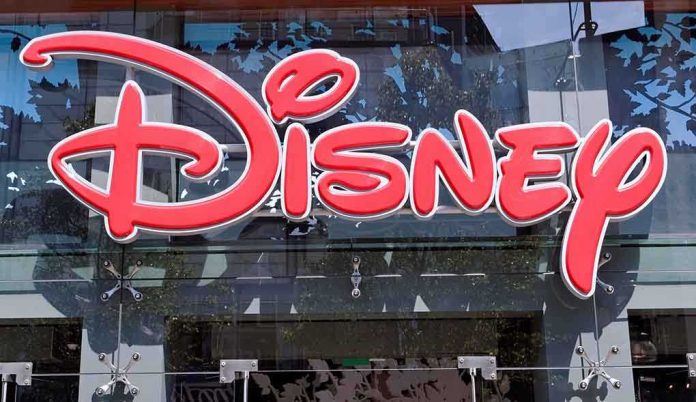
Star Wars actor Oscar Isaac shocked Hollywood by declaring he would only return to Disney projects if the entertainment giant doesn’t “succumb to fascism,” exposing the deepening rift between creative talent and corporate censorship in America’s media landscape.
Story Highlights
- Oscar Isaac conditions future Disney work on company avoiding “fascist” behavior
- Actor’s stance directly linked to Disney’s suspension of Jimmy Kimmel over political remarks
- Incident highlights growing corporate censorship concerns in entertainment industry
- Disney’s handling of political speech sparks debate about creative freedom
Actor Takes Stand Against Corporate Authoritarianism
Oscar Isaac, who portrayed Poe Dameron in Disney’s recent Star Wars trilogy, delivered a stunning rebuke to the entertainment conglomerate during a September 2025 interview with GQ magazine.
The actor explicitly stated he would consider returning to Disney projects only if the company resists authoritarian tendencies. Isaac’s comments came just two days after Disney-owned ABC suspended late-night host Jimmy Kimmel for controversial remarks about murdered conservative activist Charlie Kirk, demonstrating how corporate censorship directly influences talent decisions.
Timeline Reveals Corporate Pressure Campaign
The sequence of events exposes Disney’s reactive approach to political controversy. In August 2025, Isaac told Variety he might return to Star Wars if presented with worthwhile projects. However, Disney’s mid-September suspension of Kimmel over his comments about Kirk’s death shifted Isaac’s position entirely.
The actor’s condemnation of Disney’s “fascism” emerged during this suspension period, before ABC reversed course and reinstated Kimmel four days later following public backlash over free speech concerns.
Isaac’s use of the term “fascism” represents a direct challenge to Disney’s corporate governance model. The actor specifically referenced the company’s handling of political speech and recent controversies, suggesting Disney’s actions constitute authoritarian overreach. This represents a significant escalation in tensions between creative talent and corporate executives over content control and employee expression rights.
Pattern of Corporate Censorship Concerns
Disney’s handling of the Kimmel situation follows previous controversial talent decisions that raised free speech alarms. The company has faced criticism for politically motivated hiring and firing decisions, including the temporary dismissal of Marvel director James Gunn over past social media posts.
These incidents establish a pattern of corporate behavior that prioritizes public relations management over consistent free speech principles, validating concerns about authoritarian tendencies in media conglomerates.
The entertainment industry increasingly finds itself entangled in political discourse, with Disney positioned at the center of debates about censorship and corporate responsibility.
Media analysts note growing tension between creative freedom and corporate oversight, as companies like Disney implement risk-averse policies that critics argue stifle diverse viewpoints and authentic expression.
Broader Implications for Entertainment Industry
Isaac’s public stance signals potential widespread talent resistance to corporate censorship practices. His conditional approach to future Disney collaboration demonstrates how political considerations now directly influence major entertainment industry relationships.
This development threatens Disney’s ability to attract and retain top-tier talent, particularly those who prioritize creative autonomy and free expression over corporate conformity requirements.
The incident underscores fundamental challenges facing American media companies under pressure to balance artistic freedom with corporate brand management. Isaac’s demand that Disney resist “fascism” reflects broader industry concerns about protecting free speech within entertainment to maintain diverse perspectives and authentic creative expression in American popular culture.
Sources:
‘Star Wars’ actor says he would be open to work with Disney again if they don’t ‘succumb to fascism’



